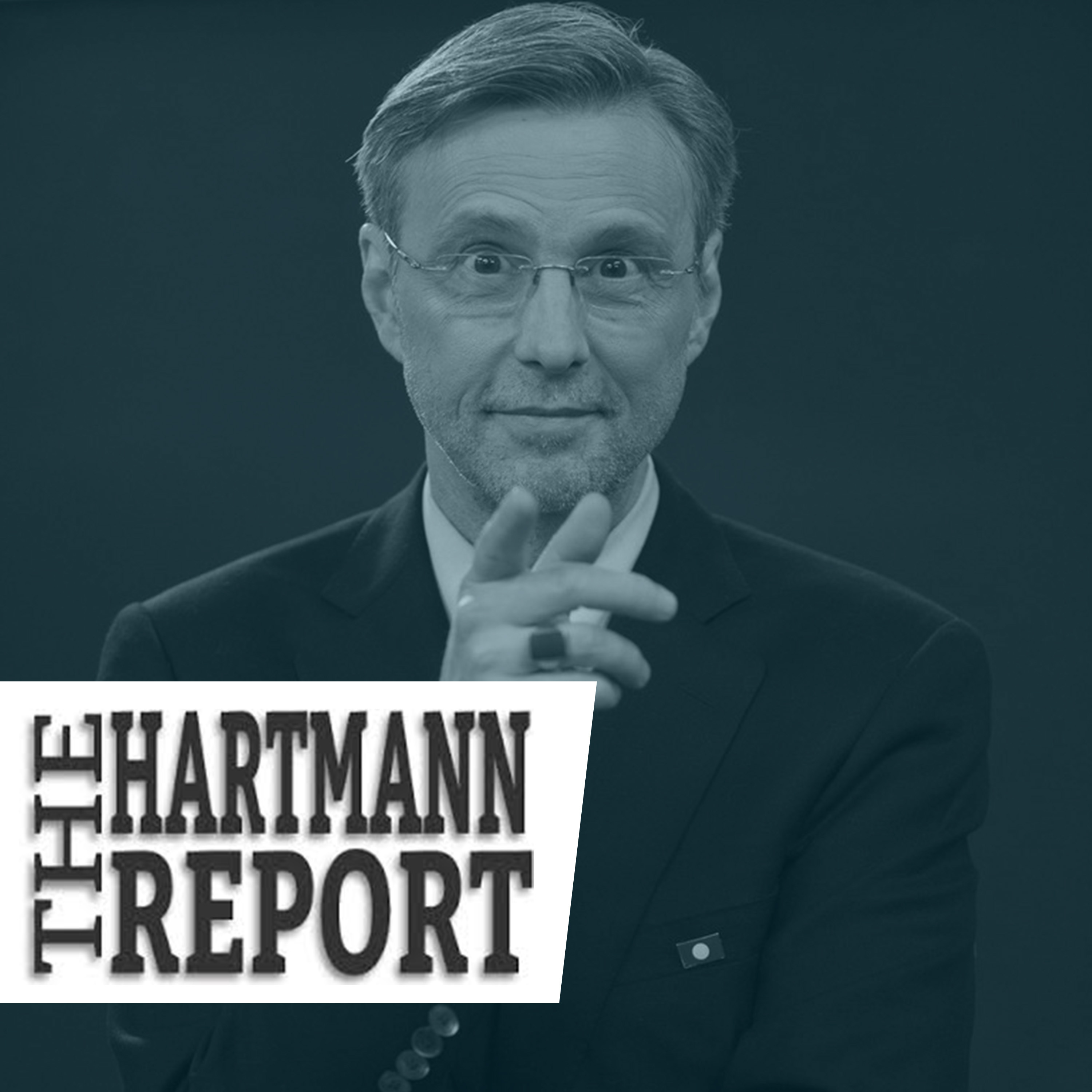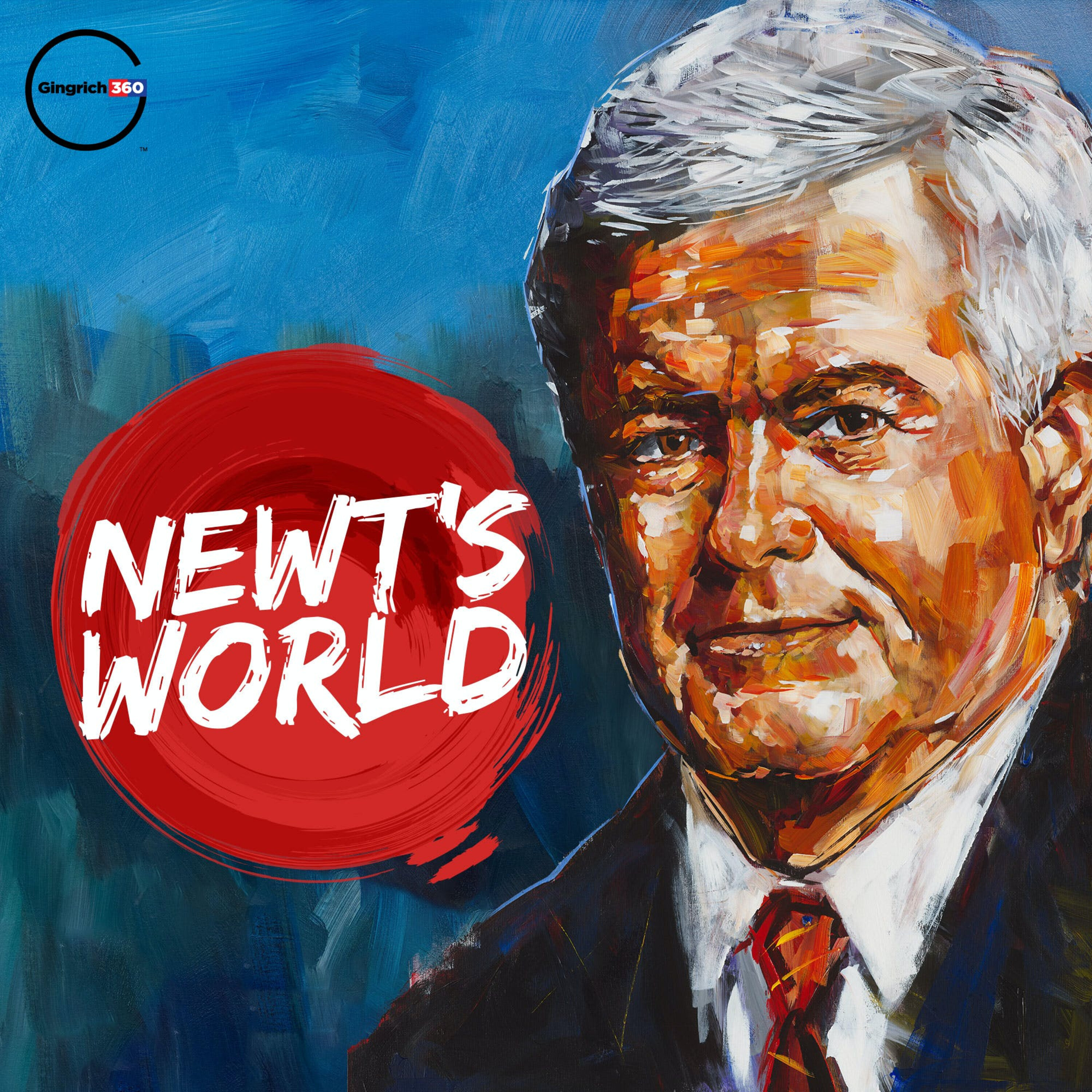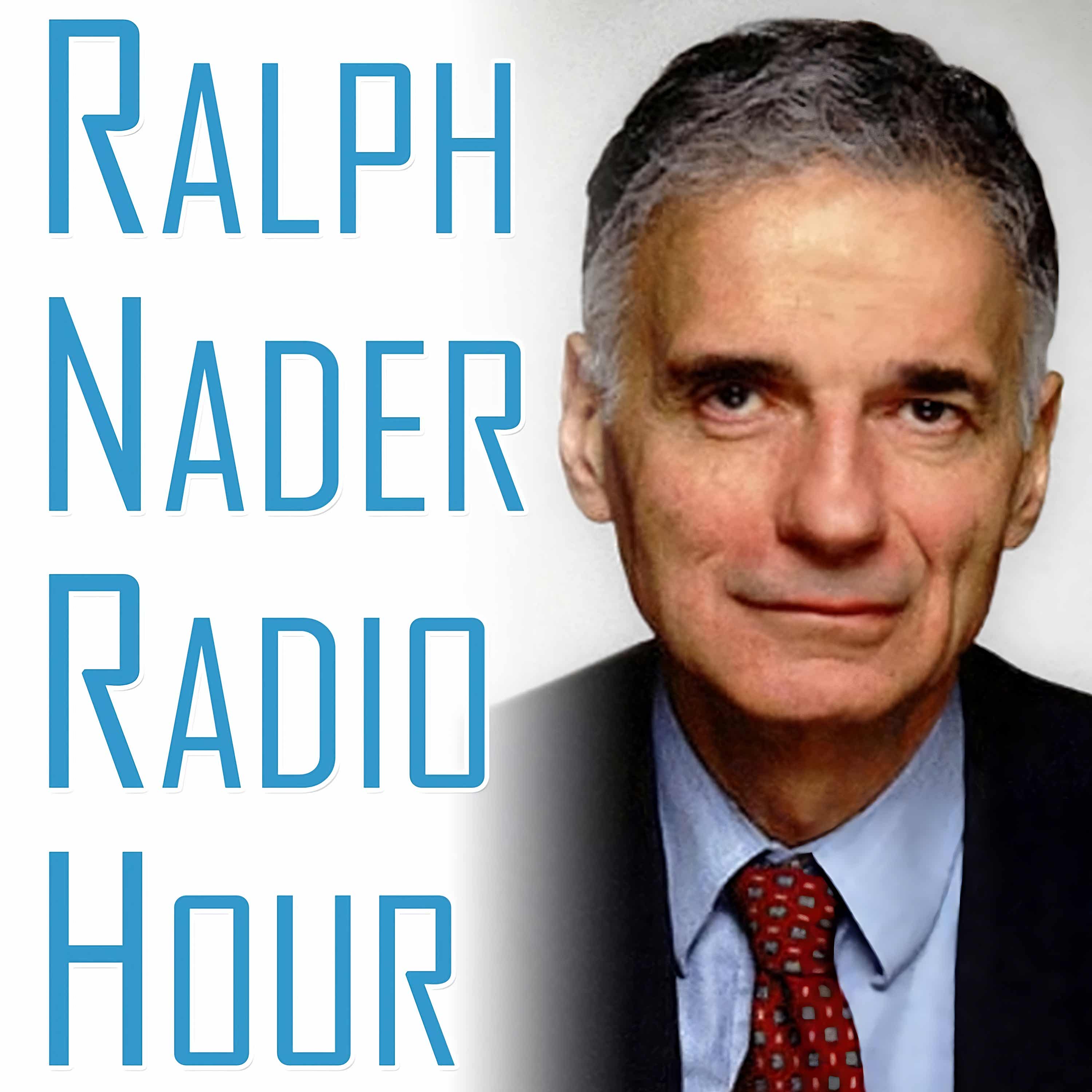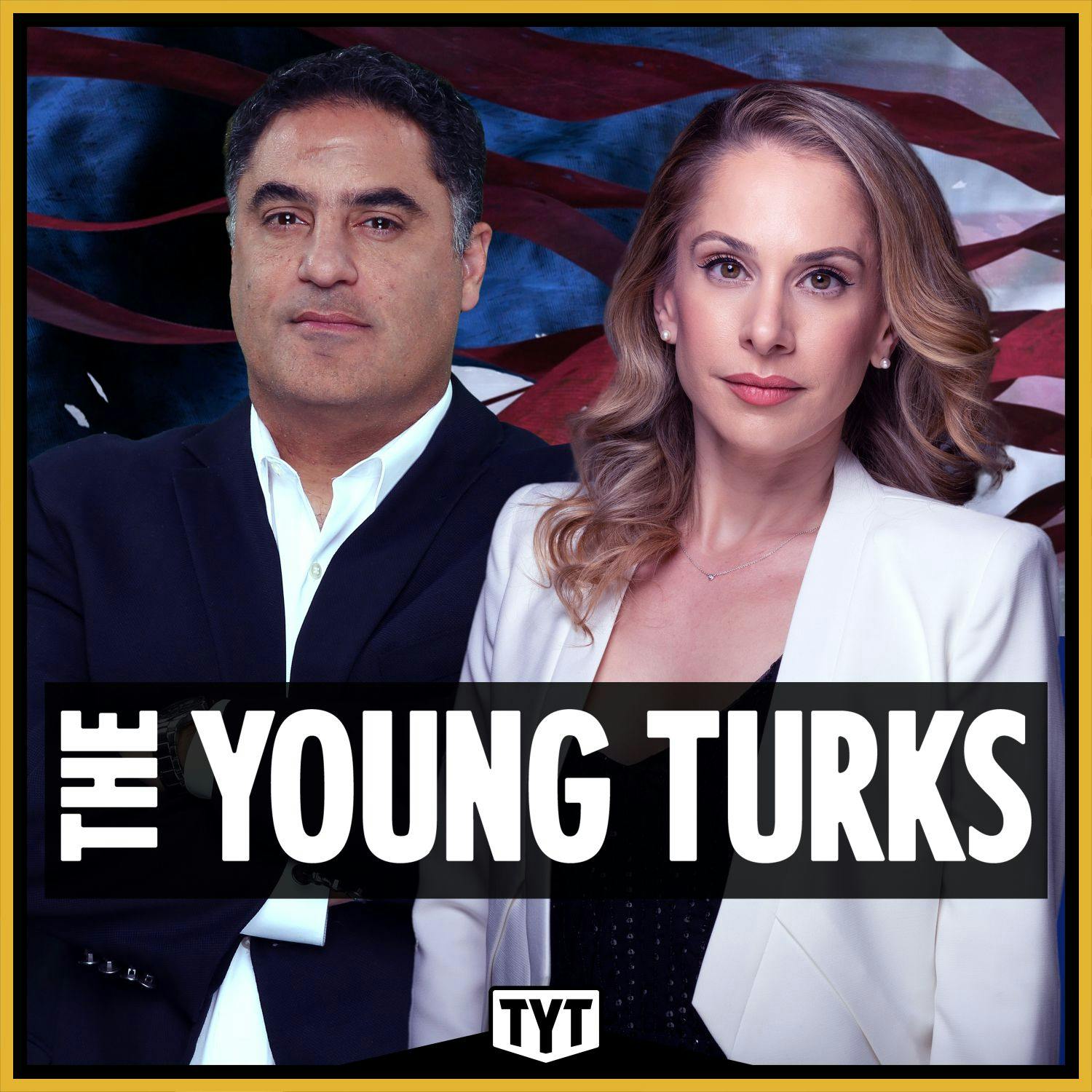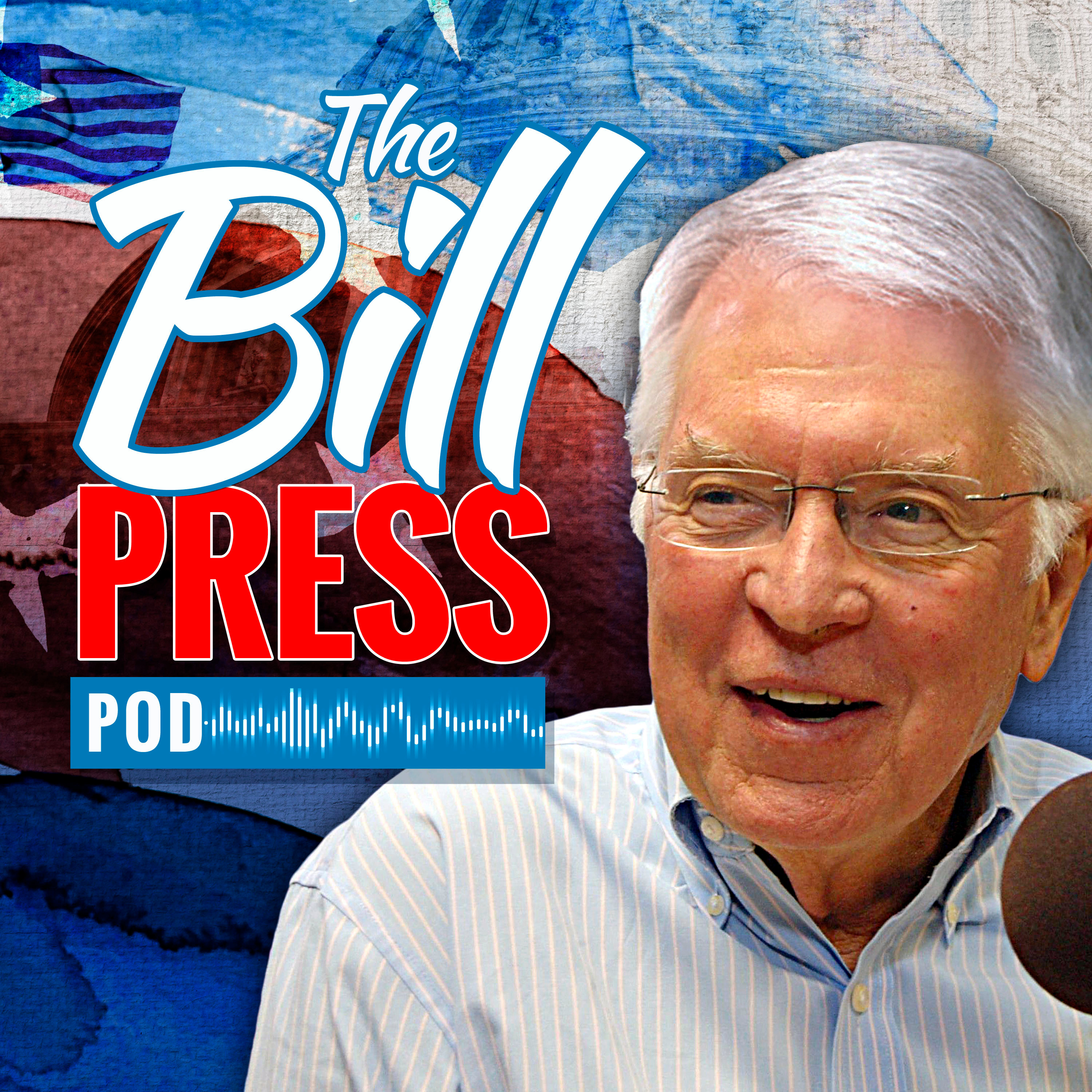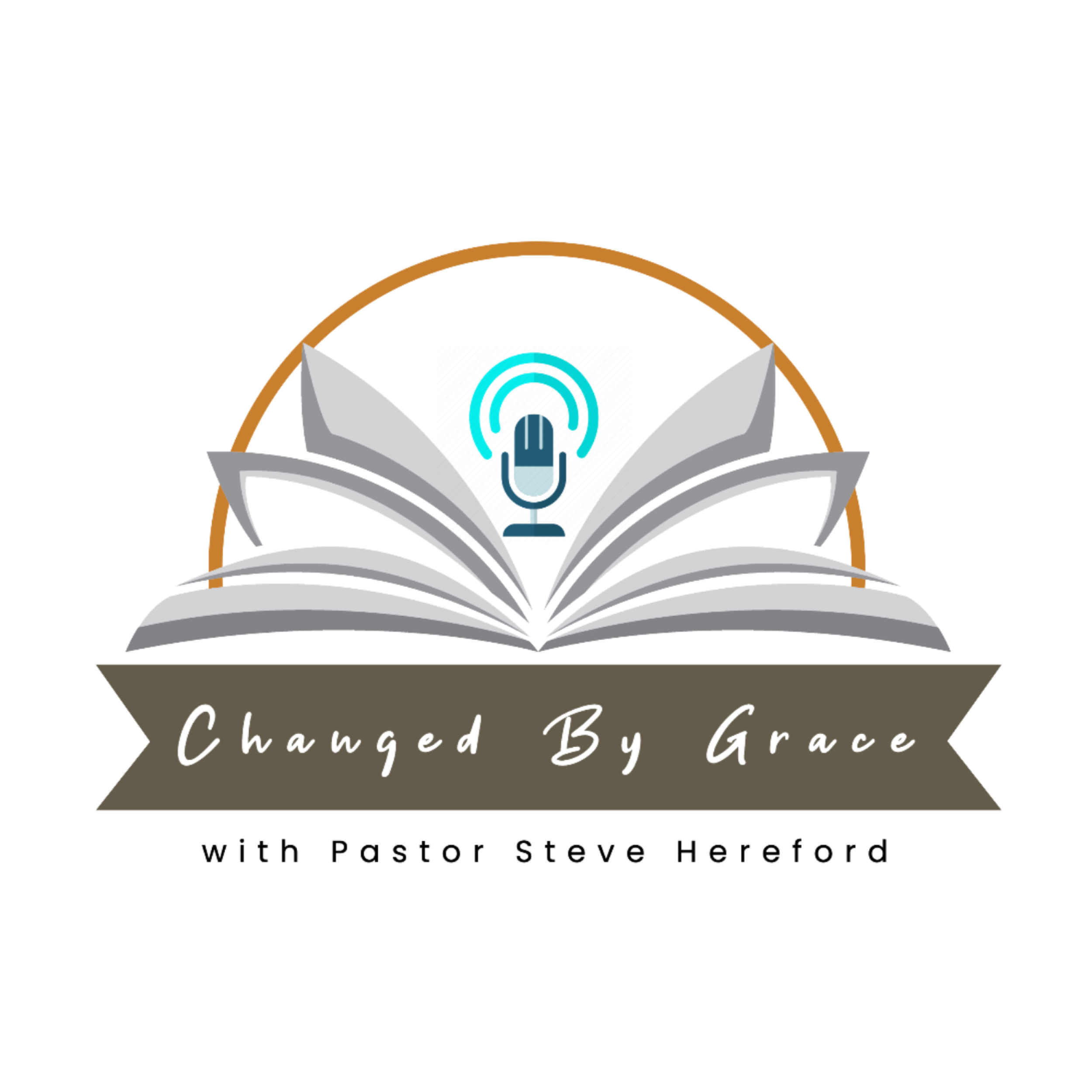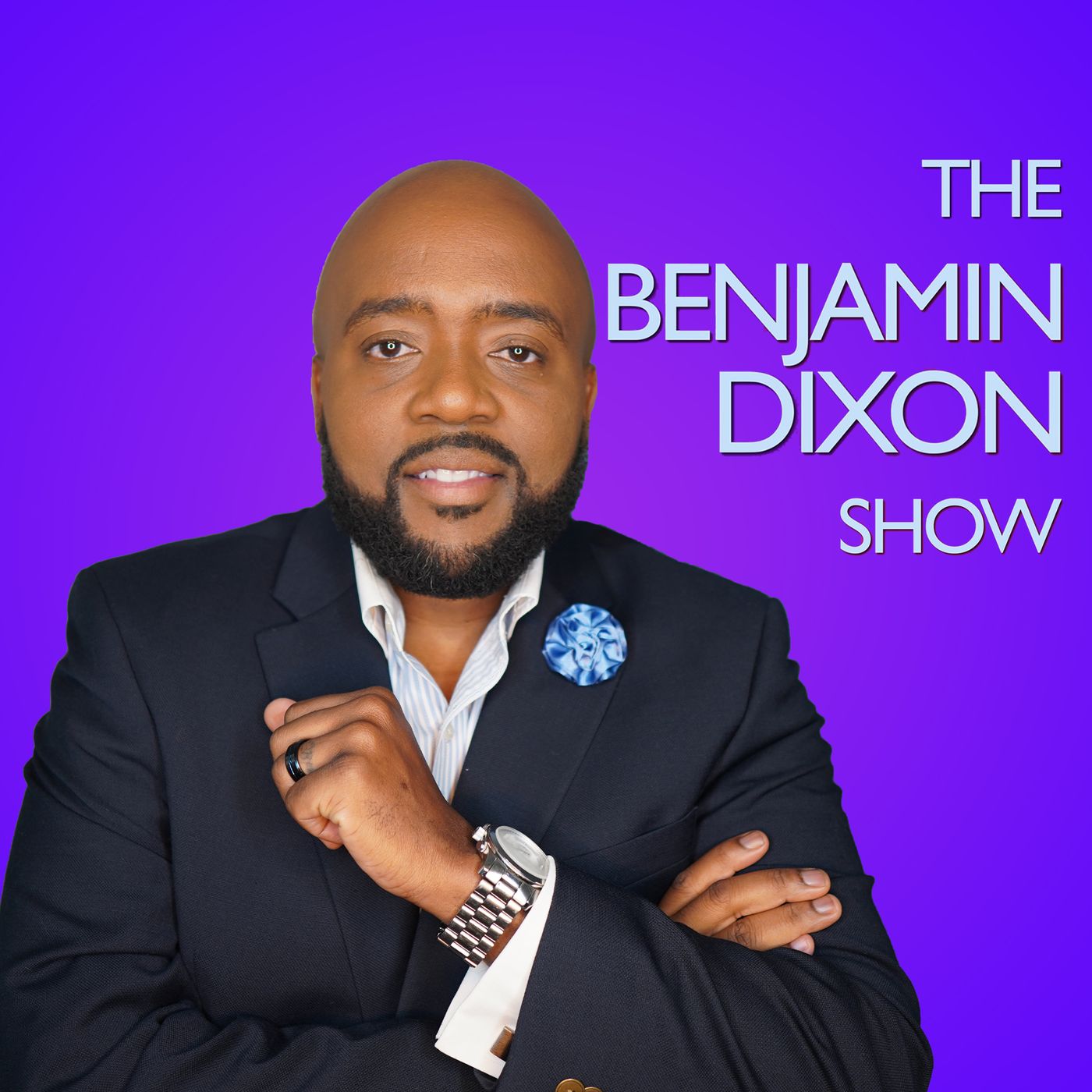
The Darrell McClain show
Independent media that won't reinforce tribalism. We have one Planet; nobody's leaving so let’s reason together!! Darrell McClain is a Military veteran with an abnormal interest in politics, economics, religion, philosophy, science, and literature. He's the author of Faith and the Ballot: A Christian's Guide to Voting, Unity, and Witness in Divided Times. He was born and raised in Jacksonville FL, and went to Edward H white High School,l where he wrestled under Coach Jermy Smith and The Late Brian Gilbert. He was a team wrestling captain, District champion, and an NHSCA All-American in freestyle Wrestling. He received a wrestling scholarship from Waldorf University in Forest City, Iowa. After a short period, he decided he no longer wanted to cut weight, effectively ending his college wrestling journey. Darrell McClain is an Ordained Pastor under the Universal Life Church and is still in good standing as well as a Minister for the American Marrige Ministries . He's a Believer in The Doctrines of Grace, Also Known as Calvinism. He joined the United States Navy in 2008 and was A Master at Arms (military police officer) He was awarded several awards while on active duty, including an expeditionary combat medal, a Global War on Terror medal, a National Defense Medal, a Korean Defense Medal, and multiple Navy achievement medals. While In the Navy, he was also the assistant wrestling coach at Robert E Lee High School. He's a Black Belt in Brazilian Jiu-Jitsu under 6th-degree black belt Gustavo Machado, Darrell Trains At Gustavo Machado Norfolk under the 4th-degree black belt, and Former Marine Professor Mark Sausser. He went to school for psychology at American Military University and for criminal justice at ECPI University.
The Darrell McClain show
Bad Theology Makes Bad Policy: How Religious Beliefs Impact World Affairs
The theological frameworks we embrace don't just shape our Sunday morning experiences—they fundamentally influence global politics, military decisions, and international alliances. Today we're diving deep into how dispensationalism—a theological perspective developed in the 1800s—has created a distorted lens through which many Christians view Israel, Middle Eastern conflicts, and American foreign policy.
At its core, this theological distortion artificially divides what Scripture unites. The New Testament consistently portrays one covenant people united in Christ, yet dispensationalism insists on maintaining separation between Israel and the Church. As Paul writes in Romans 9:6, "Not all who are descended from Israel belong to Israel," and in Galatians 3:29, "If you are Christ's, then you are Abraham's offspring, heirs according to the promise." These passages fundamentally challenge the notion that the modern nation-state of Israel holds a special theological status separate from the Church.
The consequences stretch far beyond biblical interpretation. This theology has fostered blind political allegiance to Israel under the mistaken belief that supporting its government equates to fulfilling biblical prophecy. It has normalized Middle Eastern conflict as somehow necessary or predetermined rather than tragic. Most concerningly, it has allowed believers to overlook justice issues in service to perceived prophetic timelines. We must recognize when we've elevated national identity above Christ's cross. When our theology leads us to prioritize land boundaries over human dignity, prophecy charts over compassionate engagement, or political allegiance over biblical justice, we've strayed from the gospel's central message of reconciliation. Whether you've embraced dispensationalism or questioned it, I invite you to examine how your theological framework shapes your view of global events, and to return to seeing the world through the lens of Christ's unifying work.
Bad theology makes bad policy. Why dispensationalism distorts the gospel in the world. I recently watched a long-form interview with Senator Seth Cruz and as I listened I couldn't help but think wrong theology leads to wrong foreign policy, just like it often leads to wrong public policy often leads to wrong public policy. There's a thread running through so many of our national debates, one theological, and it's not being examined enough. We talk about politics, wars and global alliances like they're only about money, power or security, but often they're rooted in deeply held beliefs about God, prophecy and who we think we're called to support, for example, israel. Many Christians today support the modern state of Israel with a kind of theological intensity that doesn't extend to any other nation. Why? Because they've been taught to believe that Israel, the modern nation state, is a direct continuation of the biblical people of God. But here's the problem that interpretation isn't biblical. It's dispensationalism, a theology developed in the 1800s that artificially separates Israel and the church into two distinct people with two separate destinies. And while it may be popular in many evangelical churches, it's not rooted in historical Christian theology. Worse, it leads to dangerous conclusions. Israel in the New Testament isn't a country, it's a people. The scripture is clear when the Apostle Paul talks about Israel, he's not talking about a physical land with political borders. He's talking about a people of faith, the true spiritual descendants of abraham, for not all who are descended from israel belong to israel. Paul says in romans 9 6 if you are christ, then you are abraham's offspring heirs according to the promise. That's from Galatians 3.29. He has made both one and has broken down the dividing wall of hostility. That's Ephesians 2.14. These aren't just abstract ideas. They reshape how we think about everything, from who we pray for to who we protect, to how we interpret the conflict and justice in the world. What's the harm in this dispensationalism? Some people might say what's the big deal? It's just a different interpretation. But bad theology never stays in the pews. It shows up in Congress, in military budgets, in foreign policy and even the way we vote budgets in foreign policy and even the way we vote.
Speaker 1:Dispensationalism has led to blind allegiance to a political nation, under the mistaken belief that it's untouchable due to prophecy. A warped eschatology that treats war in the Middle East as inevitable, even desirable, because it's part of a plan. Neglect of justice and compassion, as if criticizing Israel's government is equal to opposing God. It's one thing to support a nation politically. It's another thing to do so under the illusion that it's a divine mandate. That's not faithfulness, that's idolatry. Jesus didn't die to create a divided people. One of the core messages of the gospel is unity. Jesus, jew and Gentile together as one man in Christ Ephesians 2.15. There's no plan A and a plan B. There's one covenant people, and that people is made up of those who put their faith in Jesus Christ period.
Speaker 1:That's why I've wrestled with dispensationalism for years. I was actually taught that it was sound doctrine, but the more I studied scripture, the more I saw how it distorted the gospel. It created confusion about whose God's peoples are. It prioritized prophecy charts over cross-bearing discipleship. It propped up political ideologies in the name of Jesus and when it came time we confronted Theology shapes everything. Theology is not just an intellectual hobby. It's the lens through which we view the world. It's that lens, and if that lens is foggy or broken, everything we look at gets distorted. That includes our policies, our priorities and our politics. As followers of Christ, we are called to think biblically, not sentimentally. We're called to support justice, not just tradition, and above all, we're called to interpret the word not through the lens of nationalism or prophecy charts, but through the lens of the cross. If we get this right, maybe we'll finally start to get a few other things right as well. This is a sub-sack called Bad Theology Makes Bad Policy why Dispensationalism Distorts the Gospel and the World. Written on June 28, 2025 by Darrell McLean.







